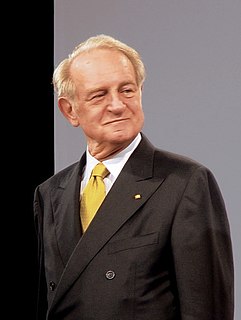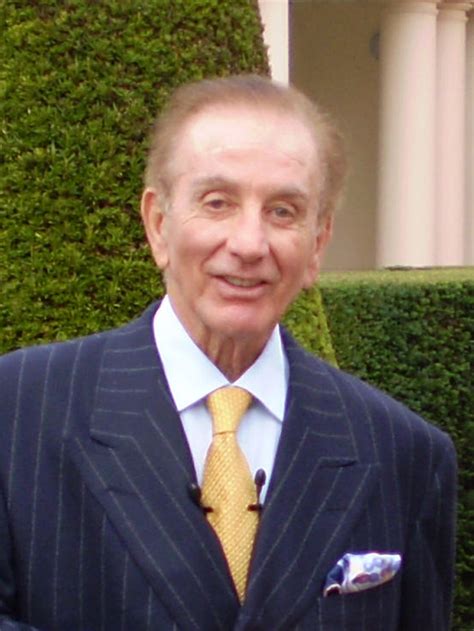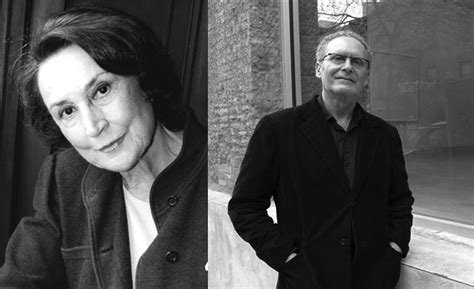A Quote by Johannes Rau
A hundred years ago, of course, the question that the German Composers' Co-operative asked itself sounded a lot more fundamental: How do you create a fair share for those who ensure that works can actually be performed at all?
Related Quotes
The price of Christmas toys is outrageous - a hundred dollars, two hundred dollars for video games for the youngsters. I remember a Christmas years ago when my son was a kid. I bought him a tank. It was about a hundred dollars, a lot of money in those days. It was the kind of tank you could actually get inside and ride in. He played in the box it came in. It taught me a very valuable lesson. Next year he got a box. And I got a hundred dollars' worth of scotch.
I had a question asked of me the other day, and this is asked of me a lot, surprisingly. 'Is there anything you want that you can't have?' And I said, 'Of course! What kind of question is this? Of course there is.' There's any number of things that I would like to have that I either can't afford or it doesn't make sense to buy. You know, I'd love to have world peace.
I think the Resurrection continues to be a pivotal issue, a pivotal question for people. I think a lot of other issues have been raised in interim years, about the nature of truth, of course gender issues, issues involving social matters like abortion and euthanasia and so forth, those swirl about and change from time to time, but I think the fundamental question of whether or not Christianity is true ultimately goes back to the Resurrection.
I remember when I went to a gallery in Paris at one point, they had drawings of earthworks set in different places. I asked the person sitting at the gallery desk where these works were - where in France they could be found. She looked at me in horror as if I'd asked something completely insane. She said, "Well, of course, these works don't actually exist. They're concepts."
The Lean Startup isn't just about how to create a more successful entrepreneurial business, it's about what we can learn from those businesses to improve virtually everything we do. I imagine Lean Startup principles applied to government programs, to healthcare, and to solving the world's great problems. It's ultimately an answer to the question: How can we learn more quickly what works, and discard what doesn't?
There are so many things happening nowadays that you've seen in films from years ago, like cloning and all of those things are actually happening now, so we can kind of visualize it a lot more, and I think our generation particularly know that we're going to be a big part of that, we we're kind of fascinated with how human beings will fare in the world.
Well that's a bit of a question like saying, what have you learned in life that would help you lead? My whole life has been learning to lead, from my parents, to my education, to the experience I had in the private sector, to helping run the Olympics, and then of course helping guide a state. Those experiences in totality have given me an understanding of how America works and how the economy works.












































